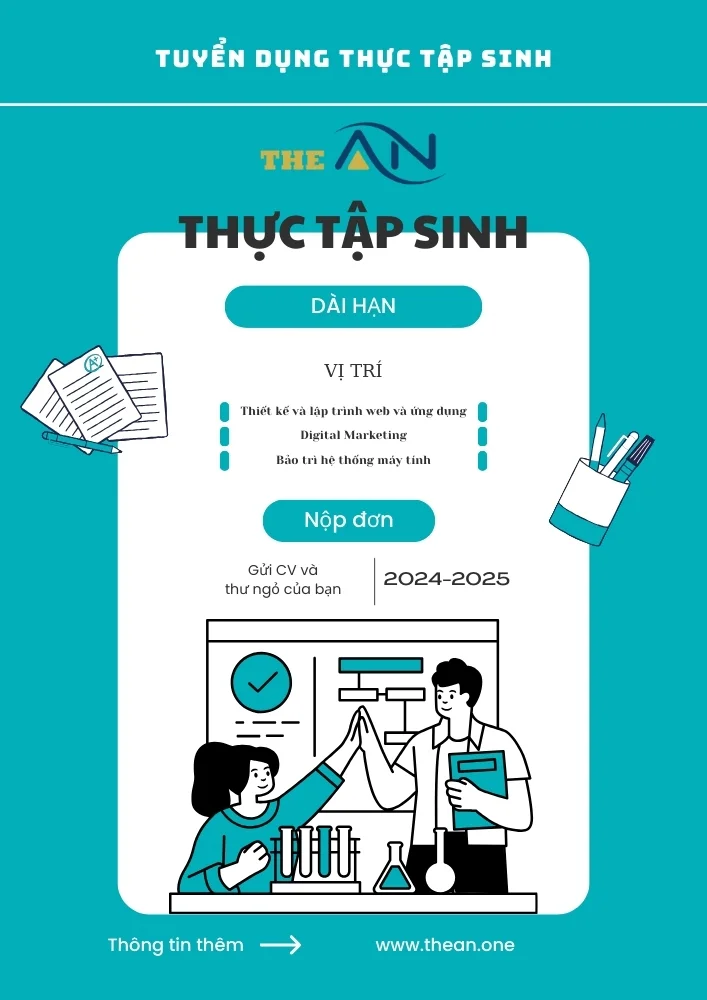Irregular Verbs

Irregular verbs are an important type of verb in the English language. It does not follow normal rules of grammar. It is an important topic for all students, especially for those who are preparing for competitive examinations. In this article, we will delve into the world of irregular verbs, and explore their characteristics, types, and common example of verbs. by the end of this article, you have a solid understanding of irregular verbs and be better equipped to use them correctly in your daily conversations and writing.
Table of Content
- What are Irregular Verbs?
- Using Irregular Verbs in Sentences
- Forms of Irregular Verbs
- Types of Irregular Verbs
- Characteristics of Irregular Verbs
- List of Irregular Verbs
- Regular Verbs vs. Irregular Verbs
- Irregular Verb Exercise
What are Irregular Verbs?
Irregular verbs are a subgroup of verbs that do not allow the typical conjunction pattern of regular verbs. Irregular verbs do not follow the normal rule of grammar. Irregular verbs differ from regular verbs in that way you can not predict the past form or 2nd form of a verb from its first or base form. As it does not follow normal rules, you have to memorize these verbs.
Definition of Irregular verbs
Irregular verbs are verbs that do not follow the usual rules of grammar. The forms of irregular verbs can not be changed by adding ‘ed’ or ‘d’ to the end. Irregular verbs do not follow the usual rules of grammar for the tense and past participle. Irregular verbs have their own unique tense forms and past participle. For irregular verbs, you have to change the inside vowel of a verb in most cases. For example, ‘swim’ changes to ‘swam’ and ‘swum’.
For Example: Have, Say, Make, Lose, Bring, Think, Catch, Keep, Hold, Find, Teach, Buy, Tell, Put, Know, Begin, Drink, Write, Speak, Grow, Get, Go, Come, Become, etc.
Using Irregular Verbs in Sentences
To use irregular verbs correctly, it is essential to understand their conjugation in different tenses. Here are some examples of irregular verbs used in sentences:
- She went to the store yesterday.
- They have had a great time on their vacation.
- He did his homework earlier today.
- We saw a beautiful sunset at the beach.
- I have eaten dinner already.
Forms of Irregular Verbs
There are three forms of an irregular verb.
- 1st form or present simple form.
- 2nd form or simple past form.
- 3rd form or Past participle form.
Types of Irregular Verbs
There are a few types of irregular verbs that can be found. Here we discuss these types of irregular verbs given below.
Type 1: Irregular Verbs with the same base form, past simple and past participle
| Base form | Past simple | Past participle |
|---|---|---|
| Put | Put | Put |
| Hit | Hit | Hit |
| Cost | Cost | Cost |
| Cast | Cast | Cast |
| Spread | Spread | Spread |
| Let | Let | Let |
| Cut | Cut | Cut |
| Set | Set | Set |
| Shed | Shed | Shed |
| Split | Split | Split |
| Hust | Hust | Hust |
Type 2: Irregular Verbs with the same past simple and past participle
| Base form | Past simple | Past participle |
|---|---|---|
| Hold | Held | Held |
| Lend | Lent | Lent |
| Find | Found | Found |
| Wind | Wound | Wound |
| Lead | Led | Led |
| Spend | Spent | Spent |
| Bring | Brought | Brought |
| Teach | Taught | Taught |
| Catch | Caught | Caught |
| Buy | Bought | Bought |
| Win | Won | Won |
| Dig | Dug | Dug |
| Say | Said | Said |
Type 3: Irregular Verbs with the same Base form and Past participle
| Base form | Past simple | Past participle |
|---|---|---|
| Run | Ran | Run |
| Come | Came | Come |
| Become | Became | Become |
| Overcome | Overcame | Overcome |
Type 4: Irregular Verbs with different Base forms, Past simple and Past participle
| Base form | Past simple | Past participle |
|---|---|---|
| Fly | Flew | Flown |
| Arise | Arose | Arisen |
| Awake | Awoke | Awoken |
| Wake | Woke | Woken |
| Bite | Bit | Bitten |
| Bear | Bore | Borne |
| Fall | Fell | Fallen |
| Write | Wrote | Written |
| Wear | Wore | Worn |
| Withdraw | Withdrew | Withdrawn |
| Steal | Stole | Stolen |
| Rise | Rose | Risen |
| Ring | Rang | Rung |
| Ride | Rode | Ridden |
Characteristics of Irregular Verbs
Irregular verbs exhibit distinct characteristics that set them apart from regular verbs. Here are some key irregular verbs:
1. Unpredictable Past Tense
Irregular verbs have an irregular past tense form that does not follow a consistent pattern. For Example, the past tense of “go” is “went,” and the past tense of “sing” is “sang.”
2. Unpredictable Past Participle
Same to the past tense, irregular verbs also have irregular past participle forms. The past participle is commonly used in compound verb tenses such as the present perfect and past perfect. Examples of irregular past participles include “broken,” “written,” and “eaten.”
3. Vowel Changes
Most irregular verbs undergo vowel changes in their different forms. For instance, the verb “drink” changes its vowel sound from “i” in the base form to “u” in the past tense and past participle, becoming “drank” and “drunk,” respectively.
List of Irregular Verbs
Have, Say, Make, Lose, Bring, Think, Catch, Keep, Hold, Find, Teach, Buy, Tell, Put, Know, Begin, Drink, Write, Speak, Grow, Get, Go, Come, Become, See, Go, Know, Get, Give, Tell, Come, Run, Send, Win, Steal, Speak, Swim etc.
Irregular Verbs Examples
Irregular Verbs with the Same Spelling across All Forms
Regular Verbs vs. Irregular Verbs
| Regular Verbs | Irregular Verbs |
|---|---|
| 2nd form can be made easily by adding ‘ed’ | You can not predict the 2nd form easily. |
| 2nd form is formed by adding ‘ed’ to the first form.
Examples: Care – cared, add – added |
2nd form is formed by changing the vowel in the middle of the verb.
Examples: Tell – Told, do – did |
| 2nd and 3rd forms are always alike. | 2nd and 3rd forms are not alike. |
| It has four form verbs. | It has five or three form verbs. |
| Unlimited in number. | Limited in number, approximately over 200. |
Irregular Verb Exercise
- Someone has __________ (use the past participle form of steal) my purse.
- Have you ________ ( use the past participle form of do) this work?
- The innocent girl ___________ ( use the past simple form of break) the toy by mistake.
- I was _________ ( use the past participle form of losing) my mobile.
- Today Rahul _________ ( use the past simple form of buy) a new car.
- After working two days, some workers _______ ( use the past simple form of leave) the job.
- The drunk man ________ ( use the past simple form of hit) the bike.
- Netaji Subhash Chandra Bose was ___________ ( use the past participle form of fight) for freedom.
- Argentina _______ ( use the past simple form of win) the FIFA 2022 Cup.
- Has the class _________ ( use the past participle form of begin) yet?
Answer:
- Stolen
- Done
- Broke
- Lost
- Bought
- Left
- Hit
- Fought
- Won
- Begun
FAQ’s on Irregular Verbs in English
Irregular verbs do not follow the normal rule of grammar. Irregular verbs differ from regular verbs in that way you can not predict the past form or 2nd form of a verb from its first or base form. As it does not follow normal rules, you have to memorize these verbs.
Irregular verbs are verbs that do not follow the usual rules of grammar. The forms of irregular verbs can not be changed by adding ‘ed’ or ‘d’ to the end.
- Type 1: Verbs with the same base form, past simple and past participle.
- Type 2: Verbs with the same past simple and past participle.
- Type 3: verbs with the same Base form and Past participle.
- Type 4: Verbs with different Base forms, Past simple and Past participle.
Have, Say, Make, Lose, Bring, Think, Catch, Keep, Hold, Find, Teach, Buy, Tell, Put, Know, Begin, Drink, Write, Speak, Grow, Get, Go, Come, Become, See, Go, Know, Get, Give, Tell, Come, Run, Send, Win, Steal, Speak, Swim etc.
In the context of verb conjugation, we use five distinct forms denoted as V1, V2, V3, V4, and V5. V1 represents the base form of the verb, V2 is the simple past form, V3 is the past participle form, V4 is the third-person singular present form, and V5 is the present participle form.
Quý anh/chị đang tìm kiếm một doanh nghiệp uy tín cung cấp dịch vụ Công Nghệ Thông Tin như Thiết kế và lập trình website, Digital Marketing, hoặc dịch vụ Bảo trì và chăm sóc hệ thống máy tính, ...? Đừng ngần ngại hãy liên hệ với The ÂN qua số điện thoại (+84).326.418.478 để được tư vấn cụ thể, hoặc liên hệ qua mẫu tin.
Các thông tin nổi bật khác:









